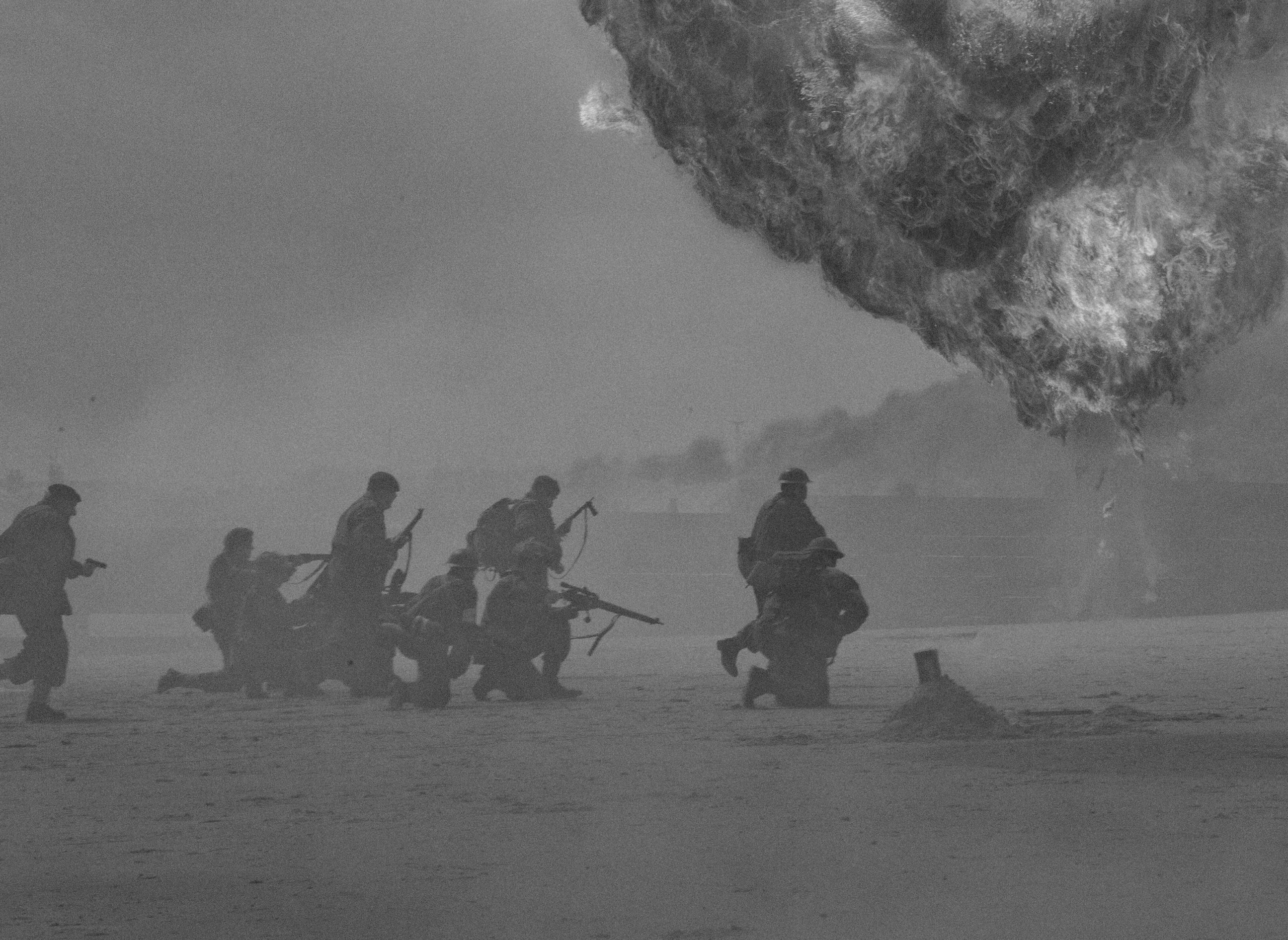
Leadership Coaches and Mentors

There are few forces as powerful as mentors and coaches in leadership development. As individual leaders, we learn our best habits, skills, and insights through having influential individuals in our lives. In time, we use our experiences with them to become coaches and mentors to others. But each role, coaches and mentors, is subtly different from one another, and both are necessary for the proper growth and development of leadership capacities.
Future leaders need a solid example of how to lead.
Coaches build expertise and provide accountability. As coaches, we help set goals, expectations, and development for our team members and those within our scope of responsibility. We are providing support, assisting in establishing and building careers and personal development, while also providing a level of accountability. This last piece is critical because our team members are answerable to us. This relationship adds an often uncomfortable dynamic in these relationships where the cost of coming up short can lead to stressful situations. As coaches, we have to be able to allow our teams the freedom to explore new areas and try new things. At the same time, we keep our teams grounded in their responsibilities and hold them accountable for their contributions and work.
A mentor helps with these tough situations. Mentors are advisors and guides, not supervisors. Developing leaders are not directly answerable or accountable to their mentors, and they are not professionally responsible for any suggestions, advise, or work that mentors provide. As mentors, we provide advice, assistance, and an outside, third-party, perspective, and only hold our mentees accountable in a personal setting. There are no professional penalties if they fall short on expectations or fail to deliver results—although this may impair any relationships. This dynamic provides great strength towards mentoring-style relationships. They are excellent for advice and asking tough questions while receiving impartial and clear guidance on how to proceed under challenging situations.
Growing and developing leaders requires both ends of this spectrum of support. Future leaders need a solid example of how to lead. No text or training program can provide the substantial influence of having a great leader and a great example to follow. A great coach provides direction and accountability. They help to push leaders out of their comfort zone and expand their horizons, knowledge, and skills. A great mentor allows for a better area to have the difficult conversations around navigating these murky seas.
Developing leaders will face difficult situations which they will be uncomfortable discussing with their leaders, especially where accountability and failure are at stake. A mentor provides experienced insights into these situations and can help give answers to the tough questions. Both are necessary for developing the core leaders in every organization.
Ed Brzychcy is former U.S. Army Infantry Staff-Sergeant with service across 3 combat deployments to Iraq. After his time in the military, he received his MBA from Babson College and now coaches organizational leadership and growth through his consultancy, Blue Cord Management.
Growing and Developing core leaders in business
Ed Brzychcy is former U.S. Army Infantry Staff-Sergeant with service across three combat deployments to Iraq. After his time in the military, he received his MBA from Babson College and now coaches organizational leadership and growth through his consultancy, Blue Cord Management.
Blue Cord Management provides three essential services to organizations.
Training - our robust Lead from the Front training programs provide new and established leaders key insights into leadership strategy, skills, and behaviors.
Coaching - our coaching program helps to build fundamental leadership competencies through robust one-on-one coaching designed to help develop long-term skills and habits.
Consulting - we work with organizations on developing the core leadership throughout their business, helping to increase retention, engagement, and productivity at all levels. We work on providing a cultural shift toward a more dynamic, empowered, and proactive leadership structure for all organizational levels
Located in Boston, MA, reach us at 617-936-2765 and our website, bluecordmgmt.com. |Ed Brzychcy
Growing and Developing core leaders in business
Ed Brzychcy is former U.S. Army Infantry Staff-Sergeant with service across three combat deployments to Iraq. After his time in the military, he received his MBA from Babson College and now coaches organizational leadership and growth through his consultancy, Blue Cord Management.
Blue Cord Management provides three essential services to organizations.
Training - our robust Lead from the Front training programs provide new and established leaders key insights into leadership strategy, skills, and behaviors.
Coaching - our coaching program helps to build fundamental leadership competencies through robust one-on-one coaching designed to help develop long-term skills and habits.
Consulting - we work with organizations on developing the core leadership throughout their business, helping to increase retention, engagement, and productivity at all levels. We work on providing a cultural shift toward a more dynamic, empowered, and proactive leadership structure for all organizational levels
Located in Boston, MA, reach us at 617-936-2765 and our website, bluecordmgmt.com. |Ed Brzychcy
Growing and Developing core leaders in business
Ed Brzychcy is former U.S. Army Infantry Staff-Sergeant with service across three combat deployments to Iraq. After his time in the military, he received his MBA from Babson College and now coaches organizational leadership and growth through his consultancy, Blue Cord Management.
Blue Cord Management provides three essential services to organizations.
Training - our robust Lead from the Front training programs provide new and established leaders key insights into leadership strategy, skills, and behaviors.
Coaching - our coaching program helps to build fundamental leadership competencies through robust one-on-one coaching designed to help develop long-term skills and habits.
Consulting - we work with organizations on developing the core leadership throughout their business, helping to increase retention, engagement, and productivity at all levels. We work on providing a cultural shift toward a more dynamic, empowered, and proactive leadership structure for all organizational levels
Located in Boston, MA, reach us at 617-936-2765 and our website, bluecordmgmt.com.
- Work-Life Balance in 2020 - May 13, 2020
- Crafting Culture - April 9, 2020
- The Leadership Bottom Line - March 20, 2020






